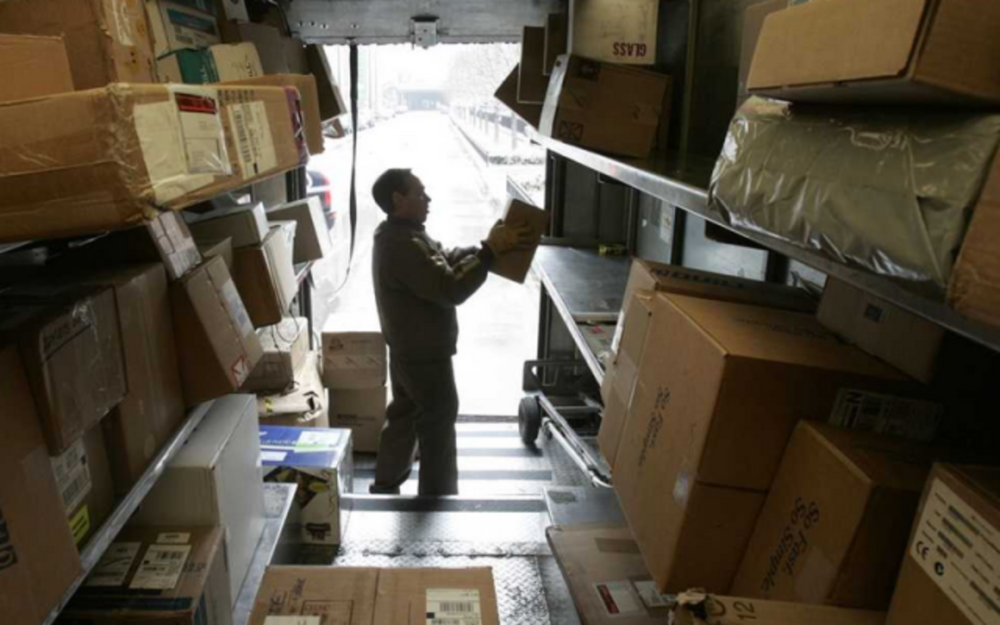More than two million packages handled by UPS and FedEx reached their destinations late during 2013’s holiday shipping crisis. This year, with better planning and procedures—plus an assist from the weather—late deliveries of packages with both day and time commitments numbered only 295,000, according to ShipMatrix, which tracks the progress of guaranteed-day deliveries for retailers. Taking into account deliveries to homes that are not time-sensitive (because occupants are at work), the number of late packages dropped to 100,000—out of some 40 million delivered.
“Even on those packages that missed the time commitment, carriers made the effort to get them delivered before Christmas, delivering into the evening hours on Christmas Eve,” said ShipMatrix Director of Business Development Robert Persuit. ShipMatrix does not track U.S. Postal Service packages that, outside of Priority Mail, have no set time or day commitments.
The reasons behind the notable one-year improvement were several, said Persuit:
- FedEx, UPS, and USPS put more emphasis on planning for the peak delivery season with more capacity added to hubs. Temporary workers were better trained and hired earlier. UPS added 95,000 people and FedEx 50,000.
- Weather wasn’t a factor in slowing down shippers or increasing the numbers of online shoppers who couldn’t get to stores.
- Carriers had active dialogues with shippers regarding peak volume projections early. In some cases, the carriers capped the number of packages picked up according to preset limits.
- Amazon trucked more parcels to postal facilities for USPS to make last-mile deliveries. Retailers doing fulfillment from local stores, meanwhile, made use of local same-day courier companies like LaserShip on the East Coast and OnTrac in California.
Though ShipMatrix has no on-time data for USPS, it attests that the Postal Service was in step with UPS and FedEx with its on-time performance. “USPS operated Sunday parcel-only routes, and sources I spoke with there said operations ran clean, meaning no packages were left behind for delivery,” Persuit said.








